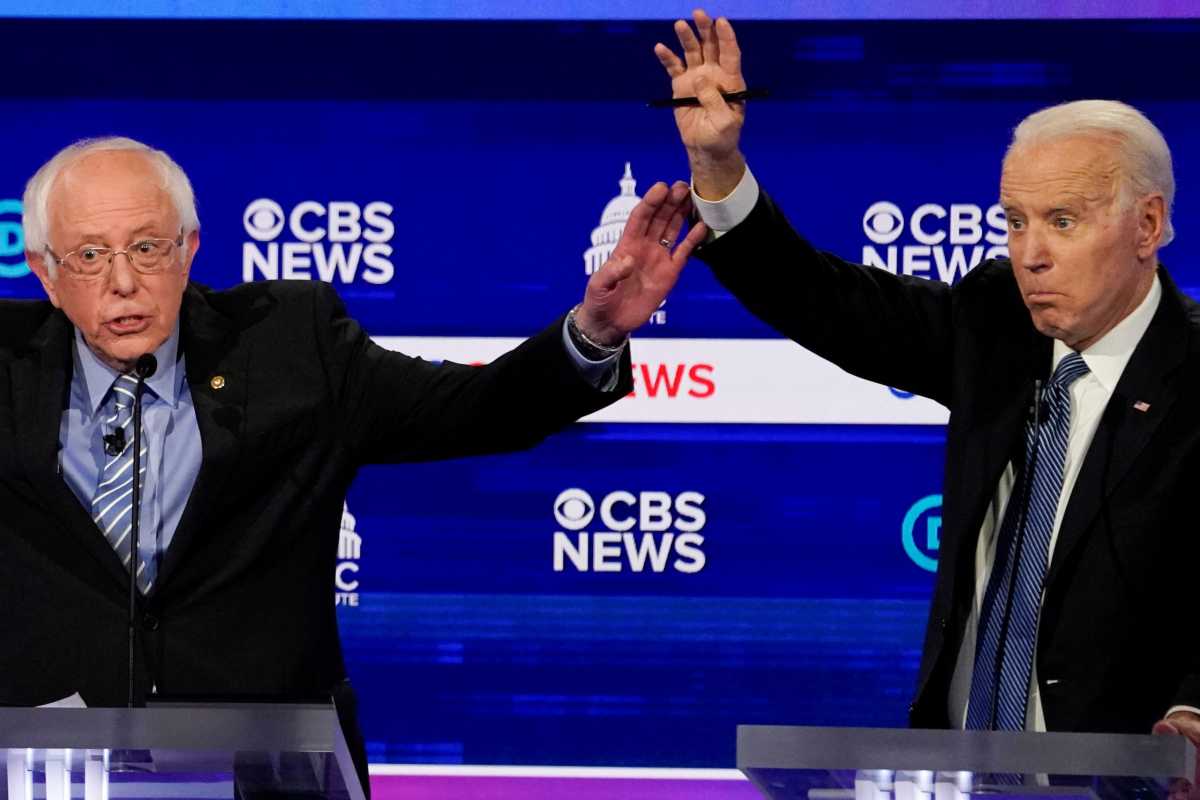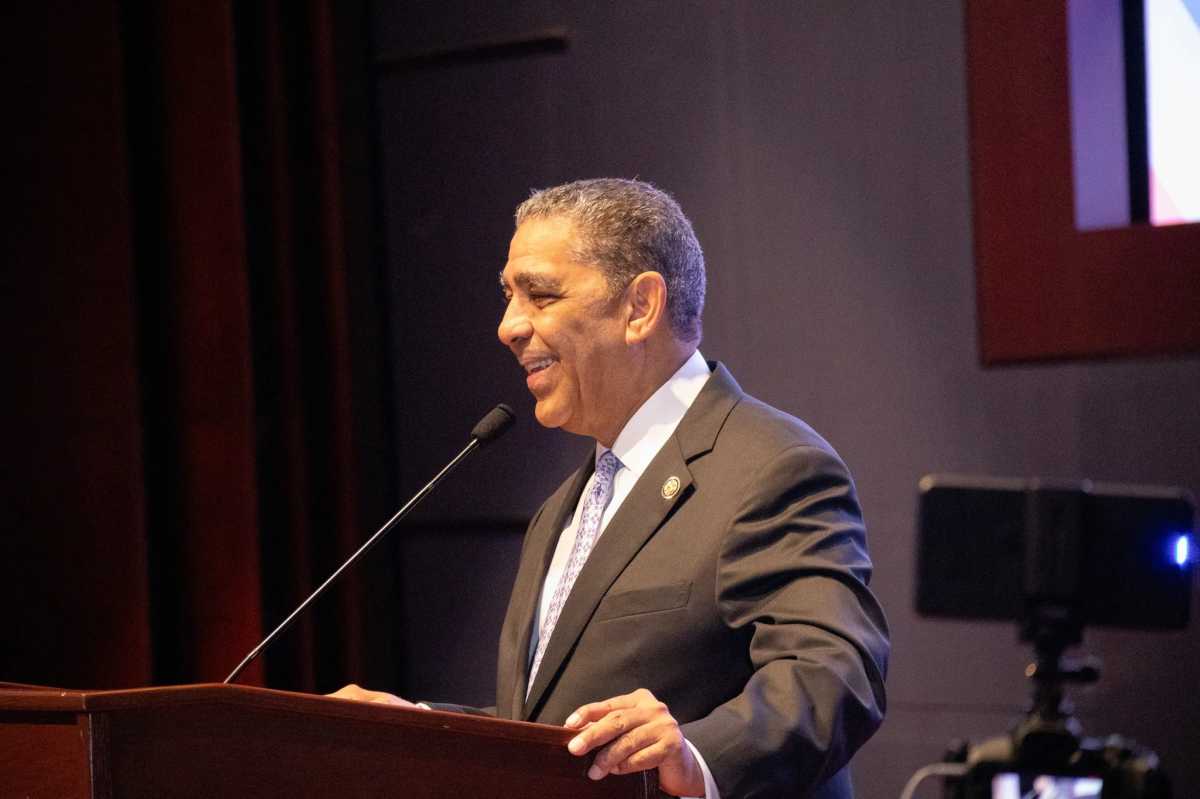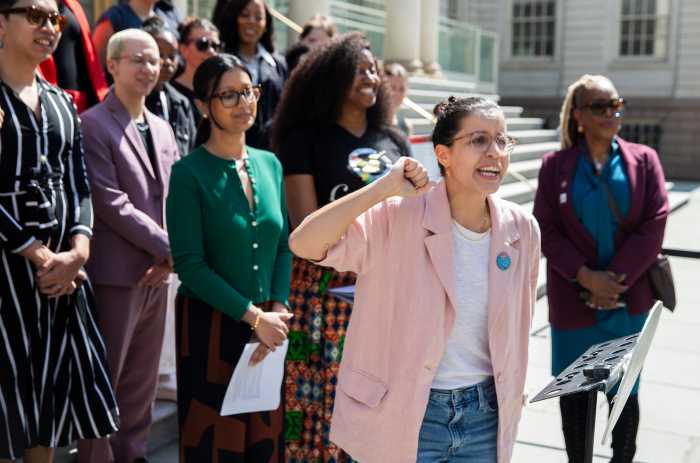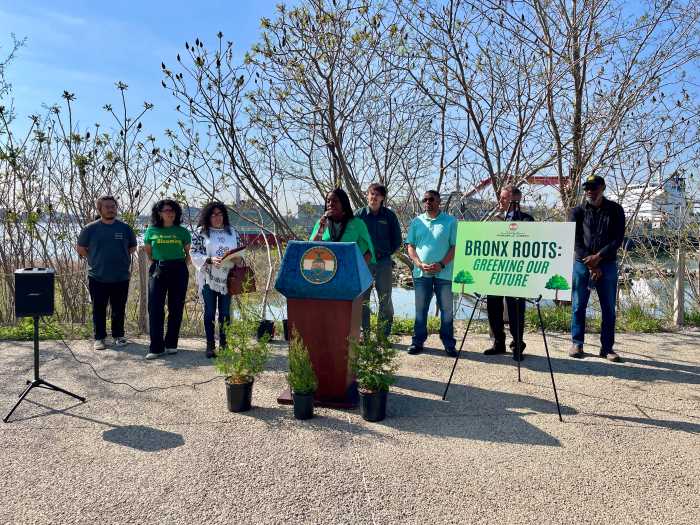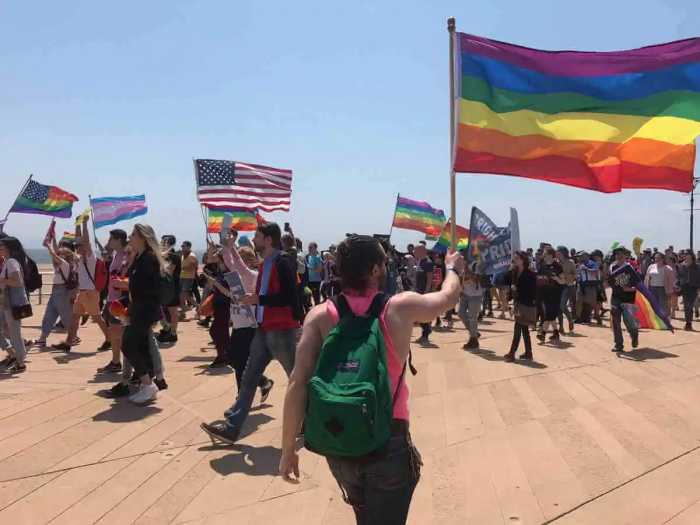BY JOSEPH AX
Six U.S. states will hold contests on Tuesday in the race to select the Democratic presidential nominee to take on Republican President Donald Trump in November’s election.
Former Vice President Joe Biden and Senator Bernie Sanders of Vermont are in a two-way battle for the party’s nod. A candidate needs at least 1,991 delegates to secure the nomination, and Biden leads the delegate count heading into Tuesday’s contests.
Here is a quick look at the state of play:
MICHIGAN
Delegate count: 125
Polls close: 9 p.m. EDT (0100 GMT Wednesday)
The biggest prize of “Super Tuesday II,” Michigan could either revive Sanders’ flagging momentum or deliver a crucial victory for Biden. Both candidates have campaigned hard in the state, where Sanders pulled off a stunning upset over eventual nominee Hillary Clinton in the 2016 Democratic primary. State opinion polls show Biden with a commanding lead – although, notably, last-minute polls in 2016 gave Clinton a similarly large advantage.
WASHINGTON STATE
Delegate count: 89
Polls close: 11 p.m. EDT (0300 GMT Wednesday)
Sanders cruised to victory in this liberal-leaning state in 2016. But recent polls have suggested a surging Biden has closed the gap, even though Sanders has a far bigger presence on the ground. Washington switched this year from holding caucuses – a format that has historically helped Sanders by drawing a younger, more activist electorate – to a primary election in which voters cast their ballots by mail. A loss for Sanders in the state, while still unlikely, would be a bad sign for his prospects.
MISSOURI
Delegate count: 68
Polls close: 8 p.m. EDT (0000 GMT)
Neither campaign has made a major investment in Missouri, although both candidates visited ahead of the primary. Biden held a rally in St. Louis on Saturday, and Sanders visited the city on Monday. Polls have been scarce but have consistently shown Biden in the lead. Sanders lost the state to Clinton by a tiny margin in 2016.
MISSISSIPPI
Delegate count: 36
Polls close: 8 p.m. EDT (0000 GMT)
Biden is the clear favorite in Mississippi, given his strength among black voters and his dominant performance last week in neighboring Alabama. In 2016, more than two-thirds of Democratic primary voters in Mississippi were black.
IDAHO
Delegate count: 20
Polls close: 11 p.m. EDT (0300 GMT Wednesday)
There has not been any public polling of Idaho. Sanders easily won the state in 2016, but its shift to a primary from caucuses could hurt his chances for a repeat.
NORTH DAKOTA
Delegate count: 14
Polls close: 8 p.m. EDT (0000 GMT)
Like Idaho, North Dakota strongly backed Sanders in 2016. Unlike Idaho, the state has chosen to stick with caucuses in 2020, a system seen as an advantage for Sanders and his intensely loyal followers. There has not been any public polling of North Dakota.
DEMOCRATS ABROAD
Delegate count: 13
New in 2020, this global primary allows Democrats living abroad, including many who relocated permanently or work for the U.S. State Department, to participate in voting that ends on Tuesday. Democrats could either vote at hundreds of voting centers around the world between March 3 and Tuesday, or send in ballots by midnight PST (0700 GMT Wednesday).



